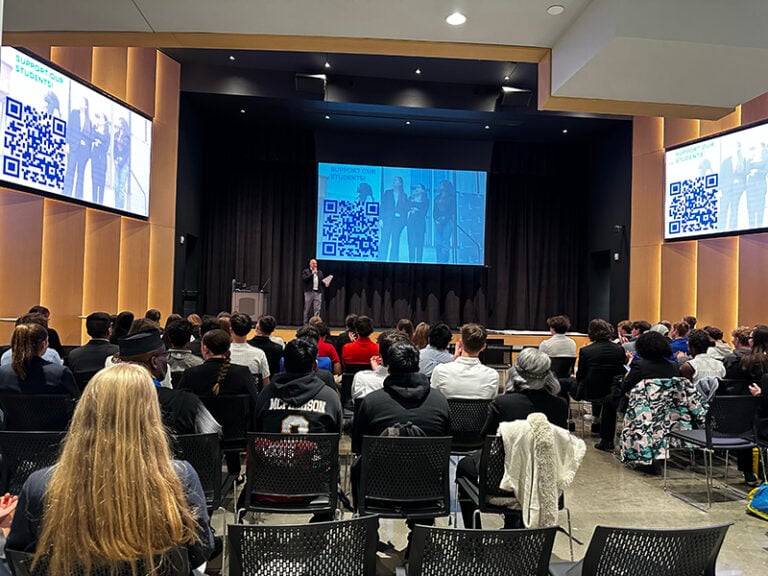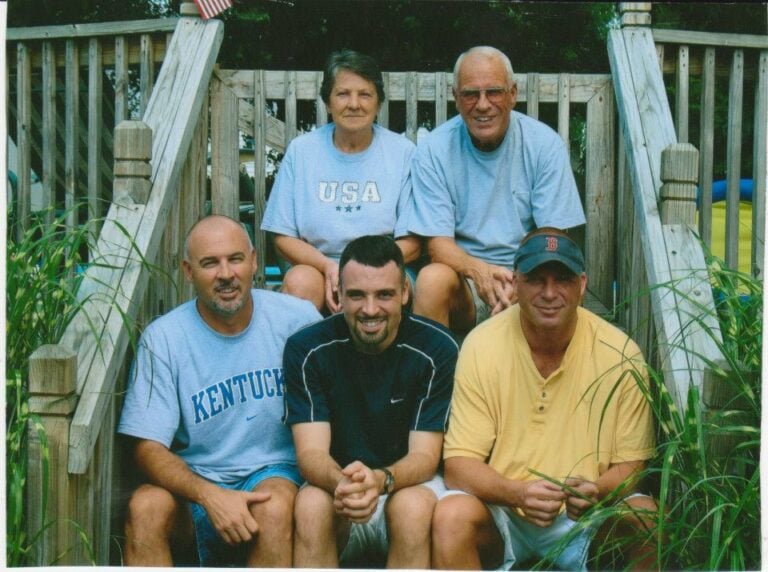“Over there was the childhood home of Danny Thomas,” the driver told me as our car climbed through Lebanon’s Shouf Mountains on our way from Beirut to visit the famous ancient ruin of Baalbeck.
This was a dangerous time, not as much as it would be later, but dangerous enough that I was warned to be cautious about what I said and did. So I didn’t contradict my chauffeur, but Danny Thomas didn’t spend his childhood here. His biography lists him as being born in Deerfield, Michigan, and growing up in Toledo, Ohio.
When we arrived at our destination in the Bekaa Valley I saw tall columns—taller than any others in the world, it was claimed—looming ahead of us. They towered over a massive set of steps and a wide area where the Baalbeck International Festival has been held since the mid twentieth century.
Baalbeck was named for Ba’al, god of fertility,weather, wind, lightning, seasons, and war. With all his responsibilities, Baal was a pretty important fellow, who later was morphed into Beelzebub, also known as Lucifer, what John Boehner called Ted Cruz years later.
As I left the car, I was quickly surrounded by hawkers offering to sell me coins. “From the time of Christ,” some of them called out. There were several tourists at the site that day and one of them showed interest in the coins, relieving me to go about the area.
Past the columns was a large hole in the ground where a magnificent building once stood. The columns and the stage were all that was left after conquering armies had collected the artistic treasures once a part of its glory.
I could only imagine what this place looked like in its early years, but today its only worthwhile feature was the columns and the entryway where the festivals were held, offering opera, theater, jazz, and classical music. I climbed around the site shooting photos, mostly featuring the grand entryway. Soon, I was ready to leave. I’m sure the festivals were great, drawing thousands of people from all over the world, but today it was mostly a big hole in the ground.
Departing, I felt resentment against the looters—the ancient armies on through the parties fighting in World War II, maybe some of our own American troops. I later saw some of those treasures in the British Museum and was told others were in museums throughout the world.
This was early in my career and I had accepted an invitation from the State Department to lecture in the Middle East and East Africa on communication and development. The visit was one of the perks offered me for the service. In filling out my application for this trip, I entered several areas I could lecture on, folded the sheets of paper, and placed them in an envelope. At the last moment before sealing it, I fished the application back out and added “communication and development” to the list.
In the several requests from countries in the Middle East and East Africa, this was the only topic requested. Had I not made that change I suppose I wouldn’t have been asked to make the trip.
Shortly after I left this assignment, the hotel in Beirut where I stayed was blown up.
Now here’s a final bit of irony. Earlier this year, I came across a photograph in the New York Times of the Baalbeck scene I had visited. The site was next door to Syria. In its program of destroying sites representing cultures not part of their own, even mosques, ISIS had destroyed the Baalbeck columns.
The only positive point I can find in this is that the armies that carried off Baalbeck’s treasures actually saved them.

Lewis Donohew retired from the University of Kentucky College of Communications in 1999 after nearly 35 years of service and having earned a national reputation as a communications scholar and researcher. Now down on his farm growing grapes and living close to the earth, he contemplates issues of the day from a lifetime of experience and a love of the land.

















